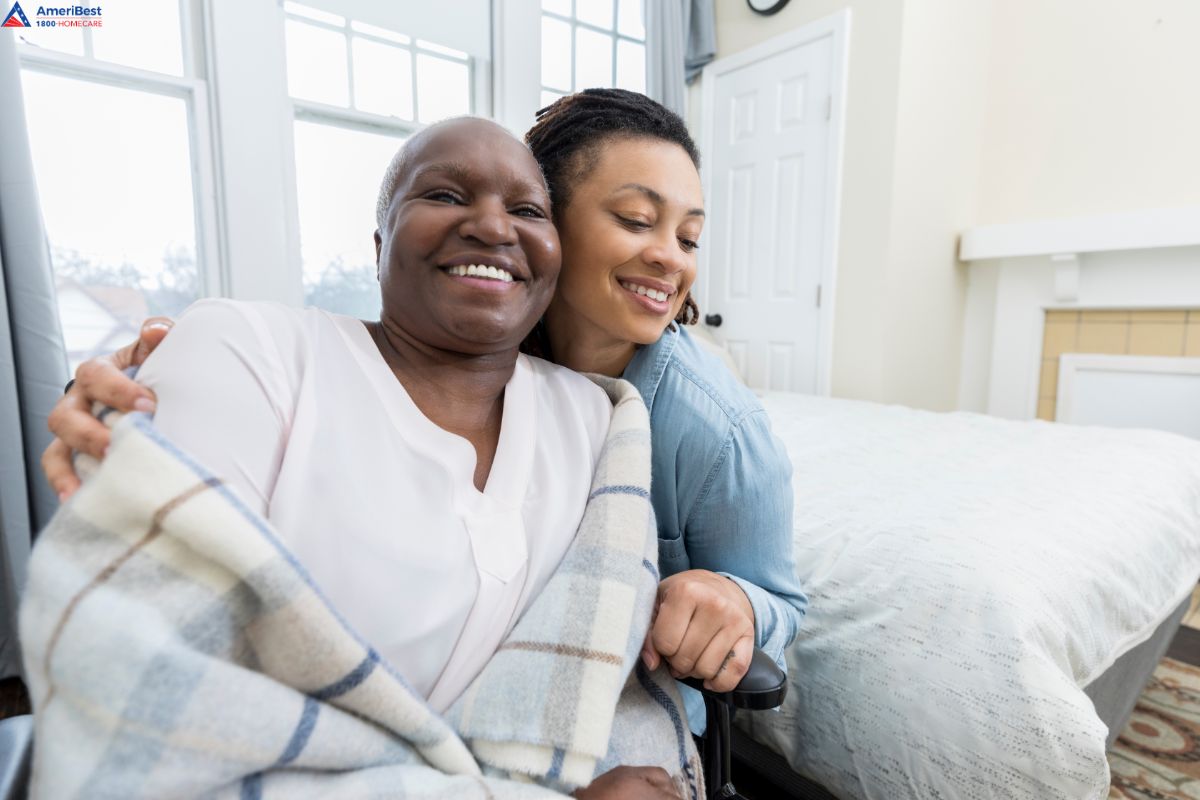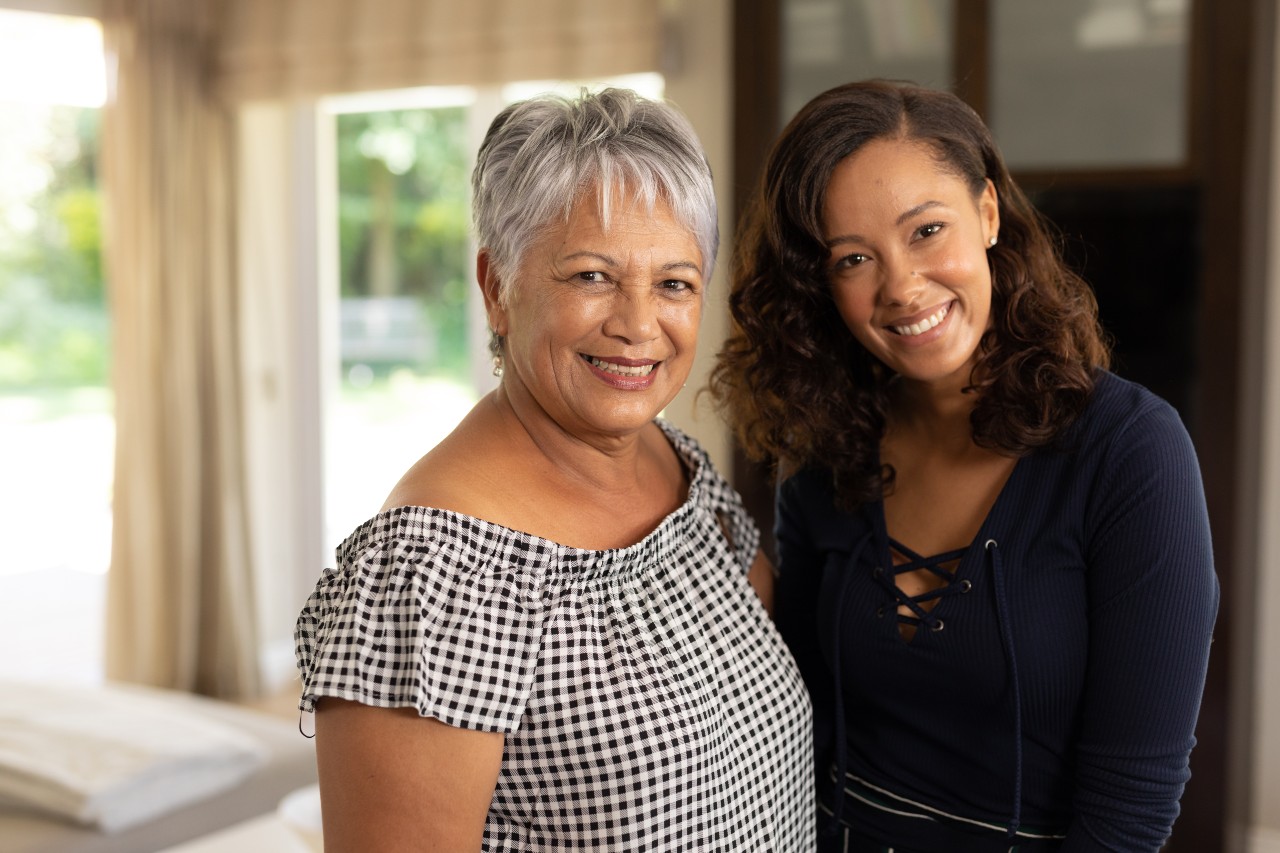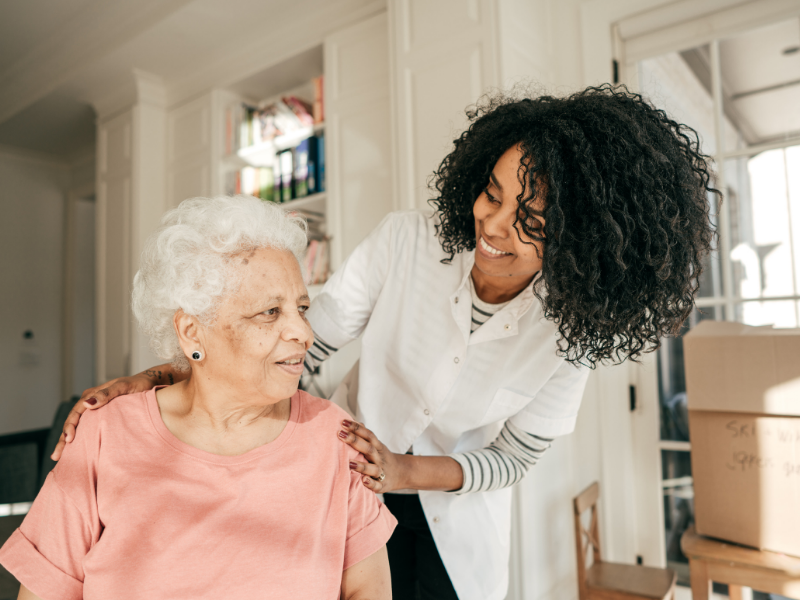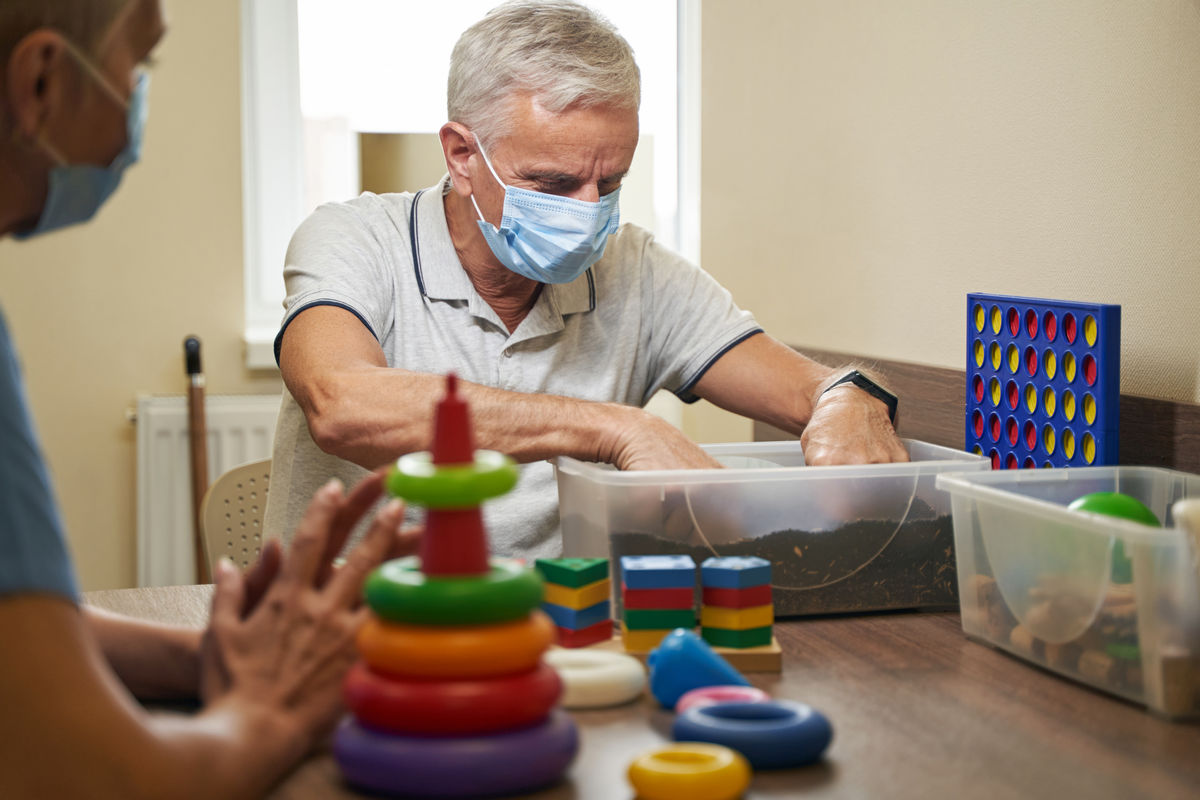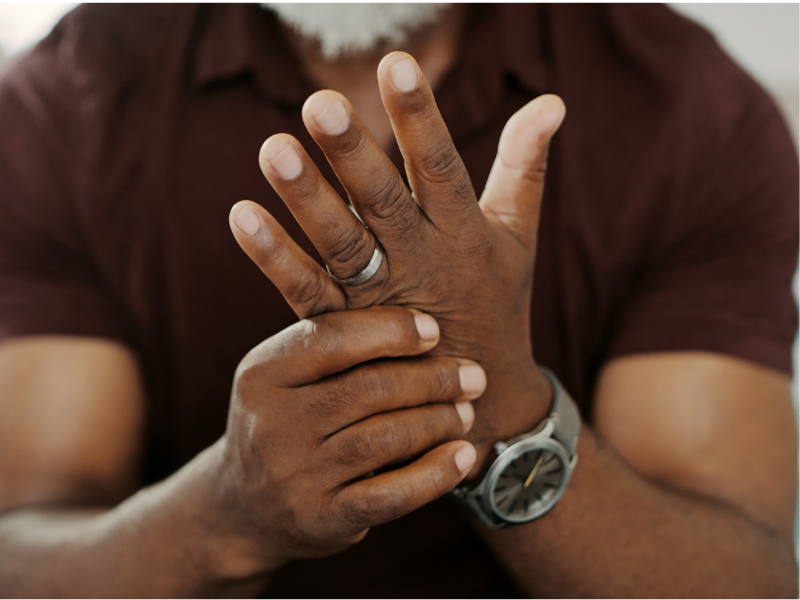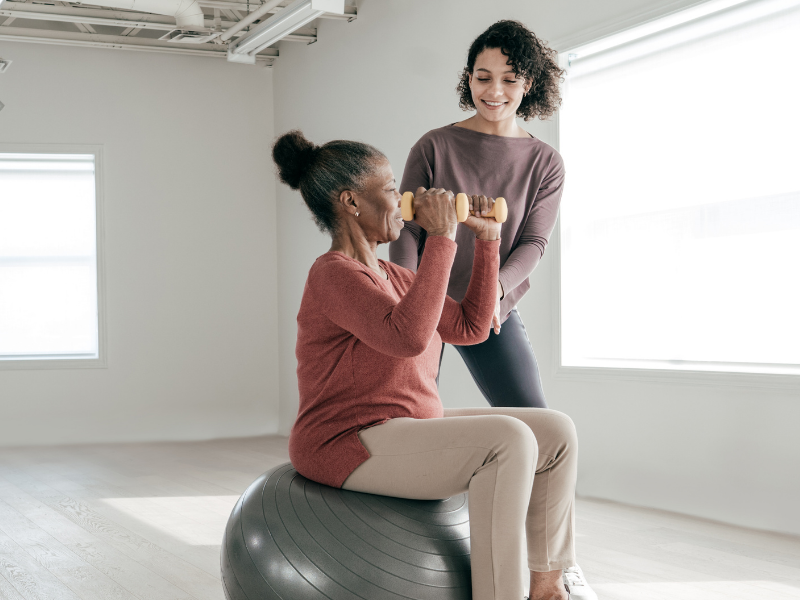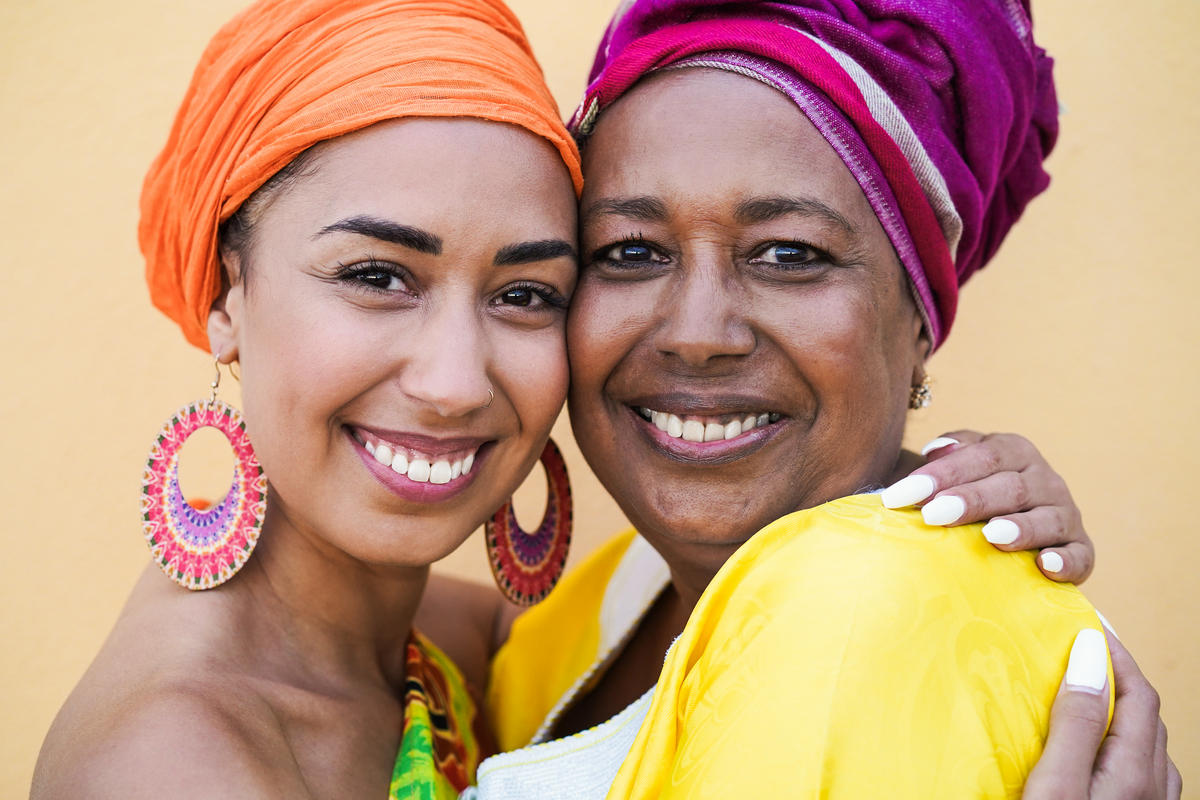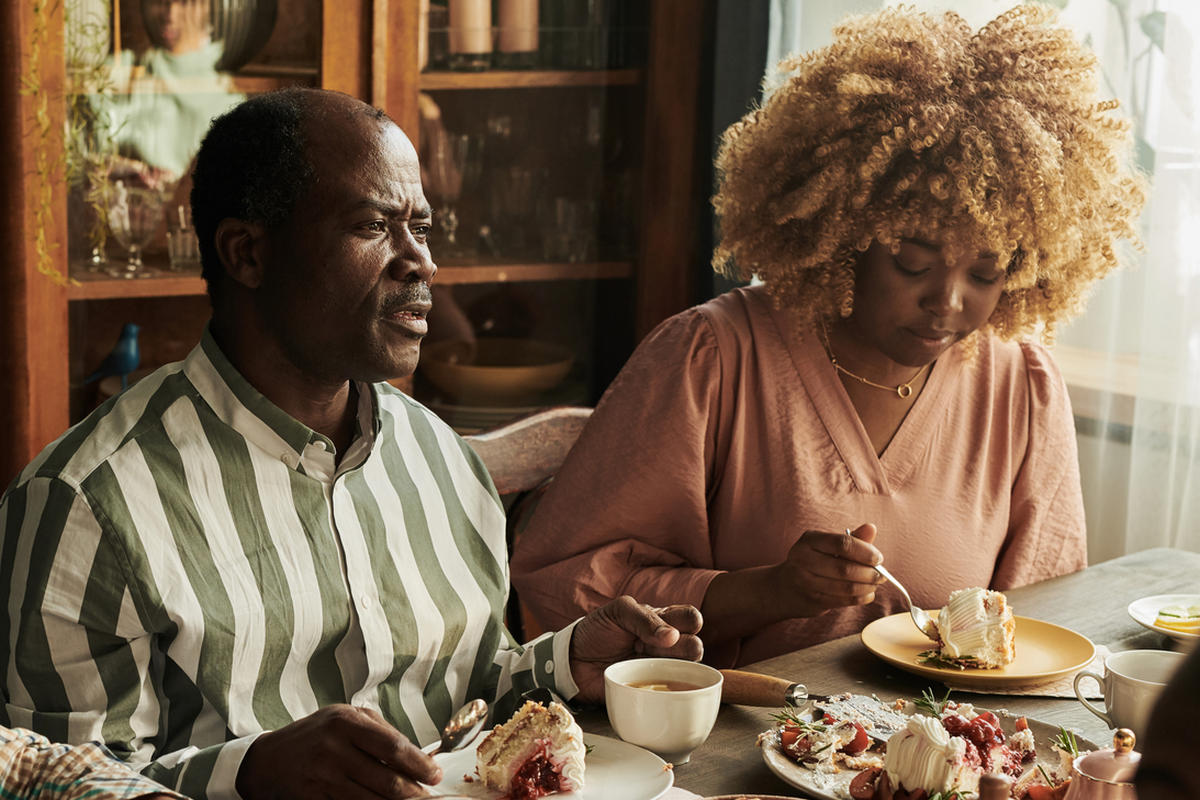If your loved one receives family senior care in Allentown, PA, you may wonder how you can best support them and yourself as their caregiver. Providing support to elders is an important role that many family members are happy to fulfill, but it isn’t without challenges. If you’ve embraced an at-home family care position for your loved one, here are a few tips that help you give the most compassionate, quality care possible.
Tips for Caring for the Senior in Your Life
Familial caregiving is such a gift. It allows your elderly or disabled loved one to receive the loving support they need within the comfort of their home. Agencies like AmeriBest Home Care are honored to come alongside family caregivers and provide them with the training and resources they need to excel as a family personal aid.
Routine Assistance and Daily Care
Your family member’s needs can vary, ranging from assistance with transportation to help with basic needs like dressing. It’s important to continually assess how much support your loved one requires. While you want to ensure they receive adequate care, especially regarding nutrition, hygiene, and medication management, giving them some autonomy is also crucial. Collaborating with your relative regarding things like meal planning or social activities can help them maintain their sense of independence.
Companionship and Emotional Support
Aside from assisting with daily routines, being there for companionship and emotional support is a valuable aspect of family caregiving. Emotional wellbeing is important for their overall health, so take time to check in with them about how they’re feeling. Keep your communication open and honest, showing patience and compassion when they express struggles or concerns. Your mental wellbeing as a personal aide is important too. If you’re feeling overwhelmed, connecting with family caregiver support groups who can listen and empathize can be a worthwhile activity.
Reach Out for Support and Resources
Aging and the need for care can take a toll on both caregivers and the individual receiving support. You may experience financial concerns, need professional support, or just want to connect with resources in your area. Fortunately, home care agencies like AmeriBest, and local coalitions on aging, such as your State’s Aging Services Department, are often a wealth of knowledge and resources for family caregivers.
Financial Considerations and Legal Concerns
While family caregiving is a wonderful option for most families, it’s important to have a plan in place for long-term care if and when the time comes. Budgeting, deciding advance care directives, and understanding your legal responsibilities should all be discussed before the need arises. An attorney or financial planner can help you get these items squared away so you can continue providing quality care to your loved one without the stress of future planning.
Caring for Yourself as a Caregiver
Being a family caregiver is undoubtedly rewarding. Still, that doesn’t mean it is without challenges. Take some time for self-care and balance your responsibilities and wellbeing with the support duties given to your loved one. It’s essential to recognize when you’re becoming overwhelmed or stressed and seek support when you need it. Utilizing respite care or a personal aide through a home care agency can help give you a break while ensuring your relative receives the best care possible.
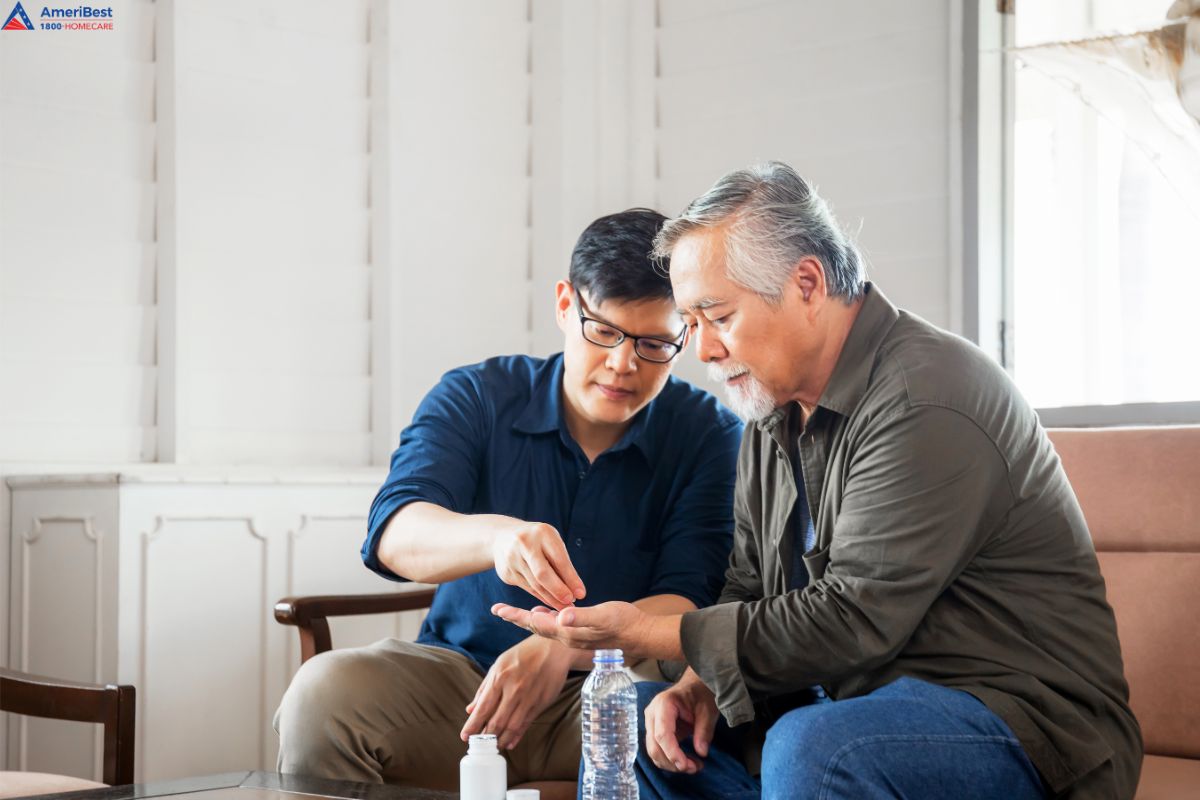
Let Us Help You with Senior Care in Allentown, PA
AmeriBest Home Care is a preferred agency for individuals seeking senior care in Allentown, PA. Not only do we support family caregivers with training, resources, and financial compensation, but we can also step in when needed. Our home care services staff are compassionate, skilled, and able to give you some respite. We are conveniently located in Allentown, Harrisburg, and Philadelphia to assist you with your senior care needs.
Call us at 1-800-HOMECARE to learn more about how we can help.

